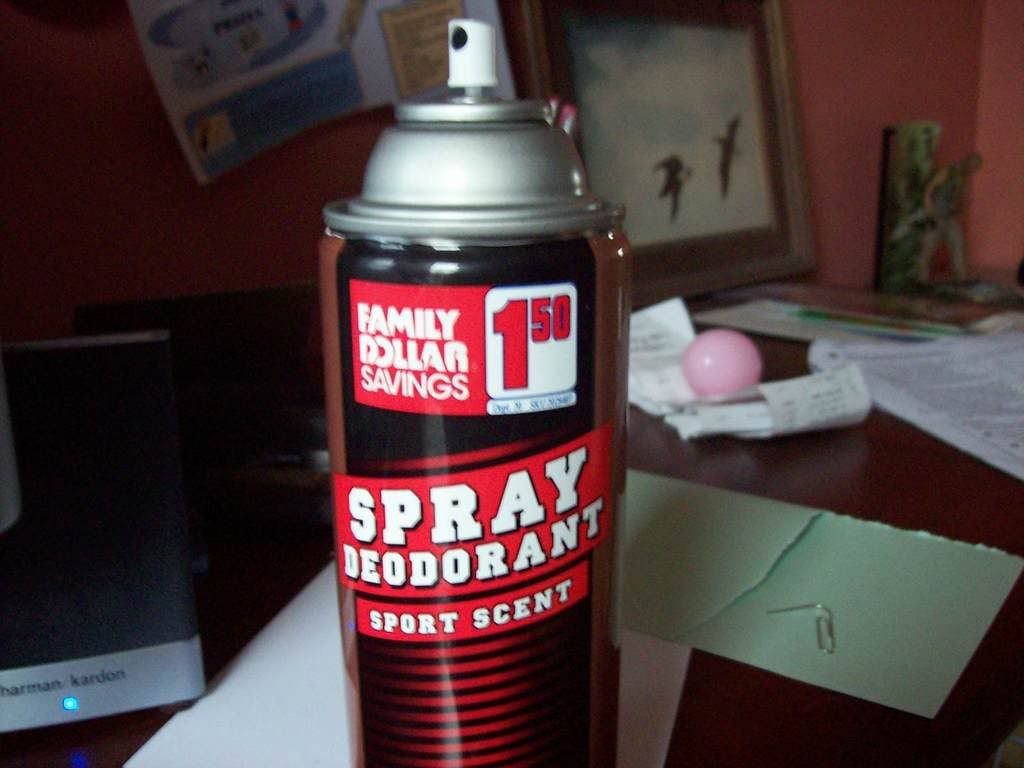
the ingredients go SD alcohol,Heptane, Propane, Butane, Propylene Glycol, Isobutane, Fragrance, triclosan.
i saw the propane and butant and thought ok this might work then i saw the heptane and had never seen this before and i might be ok.
i shoot it and it shreds a potato inside my barrel and shoots potato chuncks out and put me a few steps back. this potatos that was shreded is from the same bag that had been shooting before with axe.
next i shot a chunk of wax 100+ yards. (measured by google satalite by landmarks.) i had to have my 6'1 friend help me with this shot.
i concluded that this must be the heptane that did this so i looked it up on wikipedia http://en.wikipedia.org/wiki/Heptane if you can make any sense of this page tell me or if you see a different ingredient that could have done this please tell









